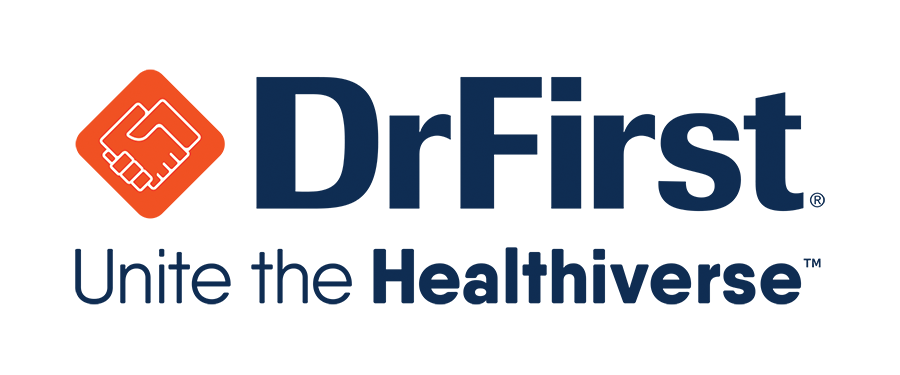Integrated workflows ease staff burden and satisfy regulatory mandates.
DrFirst Demonstrates the Nation’s First Electronic Prescribing of Controlled Substances (EPCS) System at AHRQ on June 3, 2010 | DrFirst

June 1, 2010
Rockville, MD:
Today marks a major milestone in healthcare IT history. The DEA has officially lifted the restrictions against the use of electronic prescribing for controlled substances (schedule II – schedule V), which have been the single greatest barrier to e-prescribing adoption over the last 10 years. DrFirst is proud to announce that on Thursday, June 3rd, it will herald this new era in e-prescribing with a public demonstration of the nation’s first end-to-end electronic controlled substance prescribing system at the 2010 AHRQ Annual Health IT Grantee and Contractor meeting in Washington, DC. This system has been operational in Berkshire County, MA since September 14, 2009. DrFirst will also publicly release key details of the technology involved in this ground-breaking application.
Controlled substances make up roughly 11% of prescriptions written in the United States and are written by approximately 90% of providers. The inability to write a controlled drug electronically created the need for a provider to implement two office workflows: one for electronic prescriptions and one for controlled substances that were hand-signed and hand-delivered. This inconsistency in workflow ultimately defeated the efficiency that electronic prescribing otherwise promised to bring to the practice.
After talks at a 2006 symposium held by the DEA, DrFirst became involved in discussions regarding how to build a safe and measurable way to overcome the security and accountability issues. This meeting, along with funding from the Agency for Healthcare Research and Quality (AHRQ) spawned the Electronic Prescribing of Controlled Substances (EPCS) pilot program. “During the study DrFirst, along with the other participants, was able to successfully demonstrate that we have the technology and capability to make the process efficient, safe, and secure,” said Peter N. Kaufman, MD, CMO of DrFirst, Inc. “Security issues have long clouded the issue of e-prescribing controlled substances. We created a process that not only uses tight security for prescribers using the system, but uses the current trusted network between the e-prescribing or EMR application and the pharmacy. This new Rcopia system will finally allow providers to efficiently adopt an optimal e-prescribing workflow in their offices with a complete e-prescribing solution.”
The DEA’s regulations which take effect today allow prescribers the option to write prescriptions for controlled substances electronically and allow pharmacies to receive, dispense, and archive these electronic prescriptions. The regulations are an addition to existing rules and will maintain a closed system of controls on controlled substances dispensing. The regulations will reduce paperwork for pharmacies registered by DEA and have the potential to reduce prescription forgery. Additionally, the regulations have the potential to reduce the number of prescription errors and will help integrate prescription records into other medical records.
Now that EPCS is legal, per the DEA IFR, the HIT industry must catch up on implementation of compliant systems. Dr. Thomas Sullivan, past president of the Massachusetts Medical Society, will be presenting the nation’s first functional EPCS system by DrFirst at the 9:15-10:30am AHRQ Annual Meeting session entitled “Session 1.6 Demonstration of Electronic Prescribing.” Following the demonstration at AHRQ, DrFirst will publicly release information on the foundation technology behind its working system. This will include a brief video of the demonstration and a discussion of the technology located at: www.youtube.com/drfirst.


